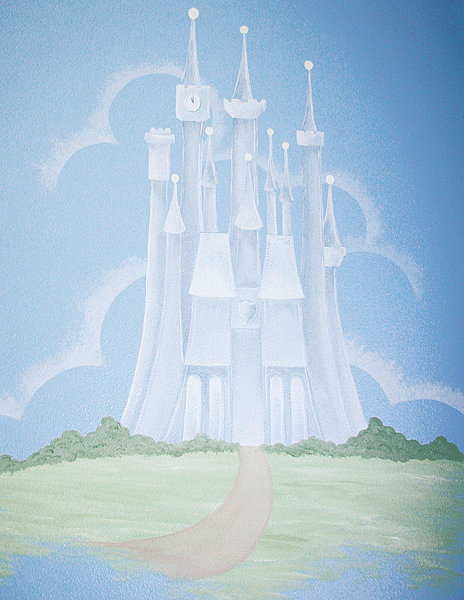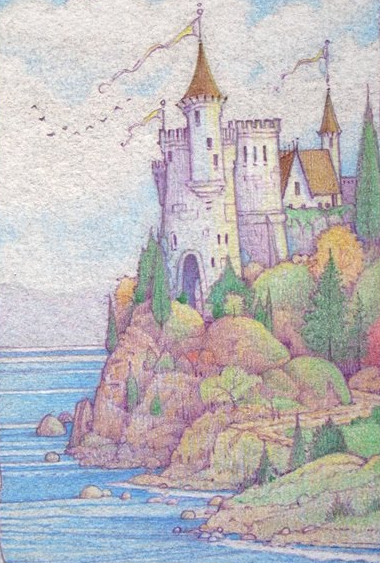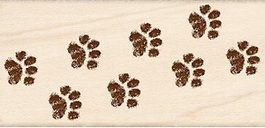copyright protected © 2010 @TinyPawsCastle.com
How to Potty Train Morkie Puppies
Morkie puppies are a cross between a Maltese dog and Yorkshire Terrier. True to their Maltese side, they tend to be playful and energetic and thrive on attention and affection. From the Yorkshire Terrier side, they inherit a territorial nature and some aggressiveness. You will need to take your Morkie's size and temperment into account to potty train it effectively. The process takes some time and patience, but if you do it correctly it will pay dividends when you have a well-trained adult dog.
How to Groom a Morkie
Things You'll Need
Morkie puppy
1
Make sure you give your Morkie enough opportunities to relieve itself. All puppies are small, and Morkies are tinier than most because they result from a cross of two small breeds. They have small bladders and don't have practice at "holding it" yet. You need to take your Morkie outside at regular intervals, giving it a verbal signal like, "Potty time!" that it can learn to associate with the process. When you take it out, be patient and give it enough time to go. Don't play with it or pet it, as this is distracting. Stand quietly and watch for signs that indicate your Morkie is ready to relieve itself.
2
When your Morkie puppie goes potty in the correct place, shower it with praise. Like their Maltese relatives, Morkies have a strong desire to please their owners, so positive reinforcement works much better than punishment. Your Morkie will soon learn that when it relieves itself in the right place, it will earn an enthusiastic reaction.
3
Crate your Morkie when you are not home, or confine it to a small area where it will not cause damage if it has an accident. Keeping your Morkie in a crate or restricted area lessens the chance of an accident, because it won't want to soil its sleeping spot. It it does go, you'll be able to easily clean the mess. You will need to offset the confinement with plenty of opportunities for exercise once you get home. Their Yorkshire Terrier background gives Morkies lots of energy, and they need regular chances to expend it.
4
Feed your Morkie on the same schedule every day. If you stick to regular feeding times and take away uneaten food after your puppy has had time to eat, you will encourage a regular potty schedule. Morkies are small, so it's important to control the portion to make sure your puppy doesn't get obese, as well as to regulate its potty schedule. You'll know when you need to take your Morkie outside for potty time, because it will tend to go at the same time each day.
5
Don't get upset if your Morkie is doing "submissive urination." Many puppies leak some urine when they get excited or nervous, especially those with smaller bladders. This is involuntary, so it's not a real "accident." Your Morkie should outgrow the problem by the time it is 6 months old. In the meantime, don't make a big fuss or punish it because it can't help the leaks.
Tips & Warnings
Learn to read your Morkie's body language, and you'll soon be able to tell when it needs to go outside. Morkies will get restless, pace or walk in circles, and start to sniff around for a spot to potty. When you see these behaviors, immediately take the puppy outside to the correct spot.
Never punish your Morkie puppy for an accident by shoving its nose in the mess and yelling or spanking it. The puppy won't understand why you're angry, and Morkies are small so you can easily injure them through physical punishment. Also, the Yorkshire Terrier side of your Morkie might cause it to get aggressive if you hit it. It's much more effective to concentrate on positive reinforcement rather than punishment.










Caring for a Morkie
Feeding: The Morkie should have up to 3 smaller meals per day.
Living with a Morkie
Family Dog: The Morkie is great with kids as well as our other large dogs.
Training: The Morkie is fairly easy to train compared to our other breeds.
Behavior: The Morkie has a wonderful temperment. They love to play but are also wonderful lap dogs that love to cuddle all day.
Barking: The Morkie barks very little but if you put them aside when you have company you will get a barker.
Exercise: The Morkie loves to play outside to get their exercise.
Morkie Appearance
Appearance: The Morkie is typically white with cream colored ears however now & days they come in all colors tri, by , and or single colors.
Companionship: The Morkie makes a wonderful companion dog.
Coat: The coat of the Morkie is very soft. Easy to manage and can have the lenght to the floor like both breed of the Yorkshire and the Maltese.. They are hypoallergenic and very low shedding to nothing...
Morkie History
History: This hybrid was born from a mix of Maltese and Yorkshire Terrier. We can find two distinct origins, the first one coming from the United States and the second one from Canada, more precisely in Quebec. The first Morkie appeared in 1990's and had characteristics such as hanging or down ears, the silky and straight coat, colors from black and tan to tricolor. It is impossible to find the creators of this designer dog because the only interest is to obtain the F1 type popularized in the same wave as the "doodles" by Americans. The mix remained popular because it's non shedding coat, small size and interesting "look". On the other hand, the temperament differs, individually, ranging from calm and soft to active and nervous, all, however, with a remarkable intelligence. The second comes from (fire) Mrs. Gaétane Blanchette of St-Lin, impassioned breeder, who named it "Linois". Linois is small size dog that has a long, silky coat of solid blond to champagne with straight ears and short tail like the Yorkshire Terrier. This type has more of the Yorkshire temperament and is both active and playful with a remarkable intelligence.
Feeding: The Morkie should have up to 3 smaller meals per day.
Living with a Morkie
Family Dog: The Morkie is great with kids as well as our other large dogs.
Training: The Morkie is fairly easy to train compared to our other breeds.
Behavior: The Morkie has a wonderful temperment. They love to play but are also wonderful lap dogs that love to cuddle all day.
Barking: The Morkie barks very little but if you put them aside when you have company you will get a barker.
Exercise: The Morkie loves to play outside to get their exercise.
Morkie Appearance
Appearance: The Morkie is typically white with cream colored ears however now & days they come in all colors tri, by , and or single colors.
Companionship: The Morkie makes a wonderful companion dog.
Coat: The coat of the Morkie is very soft. Easy to manage and can have the lenght to the floor like both breed of the Yorkshire and the Maltese.. They are hypoallergenic and very low shedding to nothing...
Morkie History
History: This hybrid was born from a mix of Maltese and Yorkshire Terrier. We can find two distinct origins, the first one coming from the United States and the second one from Canada, more precisely in Quebec. The first Morkie appeared in 1990's and had characteristics such as hanging or down ears, the silky and straight coat, colors from black and tan to tricolor. It is impossible to find the creators of this designer dog because the only interest is to obtain the F1 type popularized in the same wave as the "doodles" by Americans. The mix remained popular because it's non shedding coat, small size and interesting "look". On the other hand, the temperament differs, individually, ranging from calm and soft to active and nervous, all, however, with a remarkable intelligence. The second comes from (fire) Mrs. Gaétane Blanchette of St-Lin, impassioned breeder, who named it "Linois". Linois is small size dog that has a long, silky coat of solid blond to champagne with straight ears and short tail like the Yorkshire Terrier. This type has more of the Yorkshire temperament and is both active and playful with a remarkable intelligence.








